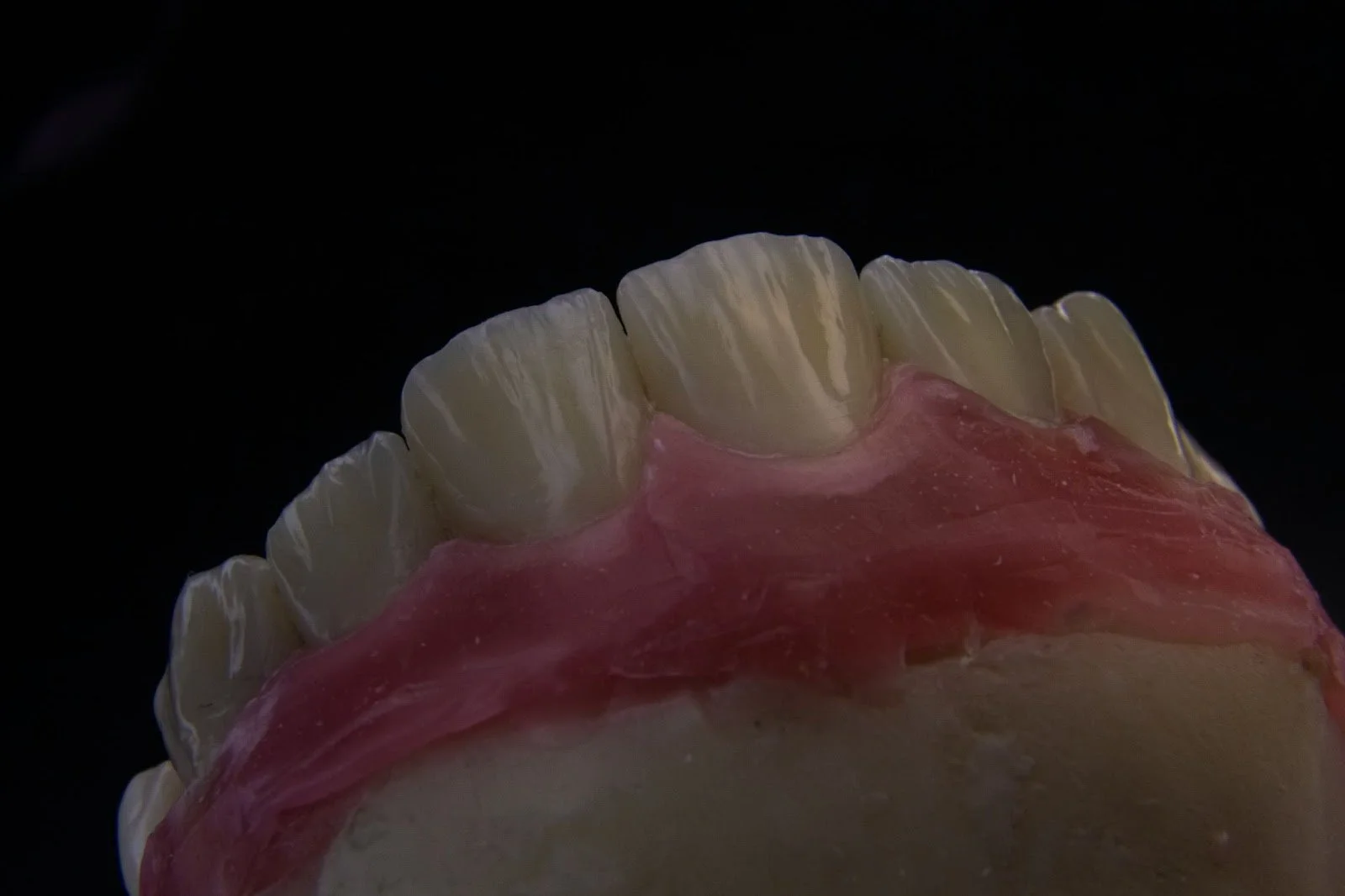Is Periodontal Disease Genetic? Here’s What You Need To Know
Periodontal disease is an inflammatory condition that affects the gums, oral ligaments, the calcified layer over the tooth root, and the part of the jawbone that contains the tooth sockets (alveolar bone). Signs of periodontal disease (or periodontitis) include bleeding gums, gaps between teeth, jawbone loss, and wiggly or loose teeth.
This oral disease typically begins as gingivitis, an inflammation caused by plaque. Gingivitis is reversible and affects as much as 90% of the population, but without proper treatment or dental intervention, this condition can become periodontitis (periodontal disease).[1] Oral and dental damage sustained by periodontal disease is chronic, destructive, and irreversible, and includes loose teeth, bone loss, and eventually, tooth loss.
Source: Unsplash
“Can periodontal disease be genetic? Yes, but genetics or a family history of periodontal disease are not the only factors.”
Is Periodontal Disease Genetic? An Overview
Periodontal disease can be genetic, but other causes and risk factors may influence its severity. It is also possible to get periodontal disease with little to no hereditary cause.
Studies show that in younger patients, the genetic influence of periodontitis is believed to be as high as 50%, whereas in older patients, this drops to roughly 25%.[2] Meaning if you have periodontitis as a young person, the chances of this being due to genetics are 50%, but for older patients, genetics as the cause is more remote, only 25%. This could be due to lifestyle factors or other health concerns.
Based on this data, can periodontal disease be genetic? Yes, but genetics or a family history of periodontal disease are not the only factors.
Is gum disease genetic?
Gum disease is simply another term for periodontal disease. It will carry the same genetic risk factors and symptoms as periodontitis and will be treated with the same interventions. Gum disease may be the more common label, but there is virtually no difference between the two.
Key Risk Factors & Known Causes of Periodontal Disease
As we explore what causes periodontal disease, some key risk factors for developing periodontal disease include:[3]
Poor oral hygiene: Patients who miss routine dental visits and are inconsistent with their at-home oral care may be at a greater risk of developing periodontitis.
Smoking: Smoking isn’t just bad for your lungs; it can also impact your dental health.
Diabetes: This is an unrelated condition that can increase one’s chances of developing periodontal disease, and early detection is crucial for patients with diabetes.
Advancing age: Advancing age is one of the most common risk factors for periodontal disease due to loss of dexterity (poor oral hygiene), immune system overreactions, and gum tissue loss.
Genetics / Family history of periodontal disease: For younger patients with generally healthy oral hygiene habits, the genetic influence of periodontitis can be as high as 50%. In older patients, who may have decreased oral hygiene care, the probability that the cause is genetic drops to approximately 25%.
Periodontal Disease Preventive Care
Regular, thorough brushing is the best way to prevent gum disease. Brush after every meal to remove any food debris and to release plaque that can build up on and between your teeth. For an extra measure, brush your tongue as well to release any bacteria that may linger after eating.
Daily flossing is also crucial in preventing plaque buildup and gum disease. Get into the deep ravines between teeth and along the gum line, where your toothbrush may not reach as accurately. Most providers agree that flossing before you brush is best, and the general rule of thumb is only to floss the teeth you want to keep. (Which should be all of them!)
Mouthwash is a simple yet effective tool for oral care and the prevention of gum disease. Most solutions can help reduce plaque buildup and extract any remaining food particles after brushing and flossing. Mouthwash should never be used instead of brushing or flossing, but always in addition to them.
Know your specific risk. Is periodontal disease genetic in your family? Ask your family members or family dentist. If you’re concerned about periodontal disease, make an appointment with a periodontist to determine the right course of action for you.
Treating Periodontal Disease
Scaling and Root Planing
Scaling and root planing is a specialized cleaning process also known as deep cleaning. This treatment removes plaque and tartar deposits to help gum tissue heal. It’s a non-invasive procedure, but a local anesthetic may be applied.
Medication
Medications may include a pill, a mouth rinse, or a topical substance applied directly to the gums after scaling and root planing treatment.
Periodontal Surgery
If other forms of treatment are ineffective, surgery may be required. Surgery provides access to hard-to-reach areas where tartar and plaque may have accumulated, thereby eliminating bacterial buildup. A bone or gum graft may also be needed to regenerate lost bone and tissue.
Solutions For Periodontal Disease in Cedar Park, Texas
If you need treatment for periodontal disease in Cedar Park, Texas, or the surrounding areas, Central Texas Periodontics is committed to excellence in periodontal care and dental implantology, serving the local area since 2006. Call today!
Sources:
[1][3]Gasner, N. S. (2025, May 12). Periodontal disease. StatPearls [Internet]. https://www.ncbi.nlm.nih.gov/books/NBK554590/
[2]Loos, B. G., & Van Dyke, T. E. (2020, June). The role of inflammation and genetics in periodontal disease. Periodontology 2000. https://pmc.ncbi.nlm.nih.gov/articles/PMC7319430/

